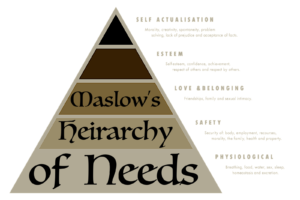
Today, the costs of going to school in the United States are increasing. The separation between the wealthy and poor has widened. These trends continue to move in this direction and show no signs of reversing. Impoverished Americans are less likely to receive a secondary education because of the extraordinary expense. Tuition, transportation and books are some of the barriers to attending school. This forces citizens to contemplate education vs. survival.
College tuition was very low. Students could attain their degree and leave school with no debt. President Johnson signed the Higher Education Act in 1965, establishing the US government as the primary provider of financial aid. The main reason provided for this and its evolution was so students wouldn’t have to work while they attend university. This created the Educational Opportunity Grant (EOG) Program which distributed funds directly to colleges. Once this legislation was implemented, tuition rates began to increase dramatically.
Funding for education has been cut. Schools have been forced to remove programs, classes, resources and curriculum. New policy has been introduced, such as the No Child Left Behind Act in 2001. This has made teachers mainly instruct their students about questions on standardized tests. Learners aren’t being taught how to think critically anymore.
There are many more questions about education than we have answers for. How is an individual able to pay off student loans if there is no work to be had? Will gifted students be able to excel or will lowering the bar keep them from reaching their real potential? Is it beneficial for parents to go to school instead of providing for their children?
Of course everyone’s circumstances are different. It’s increasingly more difficult for underprivileged people to attain a college degree without also amassing a lifetime of debt. It’s widely regarded that if a person receives a formal education, he or she is more likely to succeed. This may have been true in the past but whether or not it holds true now is up for debate.




